
14 Digital Marketing Solutions to Grow Your Business
14 Essential Digital Marketing Solutions to Boost Your Business Growth

The digital landscape is dynamic and constantly evolving, making it crucial for businesses to remain proactive about how to get ahead in advertising efforts. Businesses can increase their chances of staying up to date through education, an understanding of the different types of advertising, correctly strategizing and hiring professionals to help.
To effectively use advertising to advance their business, professionals must thoroughly understand key advertising concepts and how they apply them across diverse media platforms. This understanding spans digital, print, and outdoor advertising spaces, each offering unique opportunities for visibility and engagement.
Search ads are a form of digital advertising where ads appear alongside search engine results when users search for specific keywords related to a product or service. These ads are primarily text-based and can include additional features such as site links, user reviews, and location information, enhancing their effectiveness and relevance.
These are visual banners found on websites. They are essential for brand awareness and can be targeted based on the user’s browsing history.
Often used on platforms like YouTube or Facebook, video ads have a high engagement rate due to their dynamic nature and the ability to convey more information quickly.
These ads appear within mobile apps, offering advertisers a chance to reach users directly on their devices. Due to mobile usage’s personal nature, engagement is often higher.
Programmatic advertising refers to automated technology for buying and placing ads in real time, without direct negotiations between buyers and sellers. This process utilizes algorithms and data insights to determine the best ad placements, maximizing the effectiveness of each ad by targeting specific audiences at the optimal time and location across various devices.
Ad spend is the total amount of money a business allocates to fund its advertising activities. It encompasses various media channels, including digital platforms, television, radio, and print. Effective ad spend management involves careful planning and analysis to ensure that each dollar contributes to achieving the campaign objectives, such as increasing brand awareness or driving sales. Businesses must regularly review their ad spending to optimize their advertising efforts and ensure they get the best possible return on investment.
An ad campaign is a series of related advertisements that focus on a common theme, aim to achieve a specific goal and target a particular audience over a set period. Effective ad campaigns are well-coordinated across multiple channels and are designed to be cohesive and consistent in messaging. They can involve various formats, such as display ads, social media posts, and video commercials, all working together to amplify the campaign’s impact and reach the desired outcomes.
An advertising strategy outlines how a company intends to communicate with its target audience to persuade them through lead generation to purchase a product or service. It includes defining the campaign goals, identifying the target market, selecting appropriate media channels, and crafting messages that resonate with the audience. A robust advertising strategy is critical for guiding advertising efforts’ creative and distribution aspects, ensuring that they align with the overall business objectives and market conditions.
By understanding these concepts, businesses can select the most appropriate mediums and methods to communicate their messages effectively, ensuring each ad spend is optimized to achieve the best possible return on investment.

Choosing the right advertising channel is pivotal in reaching the intended audience effectively. Each channel offers distinct advantages and can be leveraged to achieve specific campaign goals:
Sites like Facebook, Instagram, and Twitter allow for highly targeted advertising, from demographic to behavioral targeting, making them excellent for campaigns aimed at increasing engagement and interaction.
Google’s advertising platform enables advertisers to reach users through search ads, display ads, and more, based on user queries and online behavior. This is particularly powerful for capturing high-intent users who are actively searching for specific products or services.
Programmatic platforms automate the buying and selling of ad space, often in real-time, across various online venues, including digital out-of-home (DOOH). This method uses data and algorithms to serve ads to the right user at the optimal moment, making it highly efficient for scaling campaigns and reaching diverse audiences.
An effective advertising strategy utilizes a blend of these channels to develop a well-rounded approach that maximizes both reach and impact. For instance, leveraging video ads on social media can drive engagement through dynamic and compelling content, while programmatic ads can efficiently extend reach and optimize targeting to ensure that messages connect with the most relevant audiences.
This integration of various advertising methods enhances the overall effectiveness of campaigns, catering to the distinct preferences and behaviors of different audience segments.
By systematically analyzing the strengths and capabilities of each ad campaign and each advertising channel, advertisers can craft strategies that reach and resonate with their target audiences, driving both brand engagement and sales.

The ability to stand out with creative and innovative advertising is crucial for any business aiming to capture and retain consumer attention. Implementing a strategy emphasizing creativity can significantly impact your business’s ability to attract new customers and increase engagement. Here are some strategies to enhance your business’s creative advertising efforts:
Exposing your team to a variety of creative works, including art, music, cinema, and literature, can inspire new ideas that could be adapted into your advertising strategies.
Encouraging regular brainstorming sessions within your team can generate innovative ideas. Foster an open environment where all suggestions are welcomed and explored.
Adopt new technologies and media formats, such as augmented reality or interactive ads, to push the boundaries of traditional advertising and engage audiences in unique ways.
By valuing creativity and continuous innovation, your business can develop advertising campaigns that grab attention and create memorable impressions that resonate with consumers.

Successful advertising relies not just on creativity but also on a robust set of technical and interpersonal skills. Here’s how enhancing these skills can benefit your business:
Enhancing these skills within your business will improve the creation and management of advertising campaigns and foster leadership and project management capabilities in a dynamic advertising landscape.

Developing a strong brand can significantly advance your business. It helps to distinguish your offerings from competitors and improves visibility in the market. Here are steps to build and enhance your business’s brand through advertising:
Clearly define what sets your business apart. Whether it’s your innovative products, exceptional service, or unique customer experience, understanding your strengths allows you to highlight them effectively in your advertising.
Build a professional website that showcases your products or services and highlights customer testimonials and case studies. Regularly update your business profiles on platforms like LinkedIn with articles, insights, and industry trends to engage with your network and demonstrate your expertise.
Use platforms like Twitter, Instagram, and Facebook to share updates, promotions, and insights into your industry. This will not only enhance your visibility but also establish your business as a thought leader in your field.
Investing in your business’s brand through targeted advertising strategies makes it easier for potential customers to find and engage with you, leading to increased sales and business growth.

When it comes to advertising, staying informed about the latest trends is not just beneficial; it’s essential. Being up-to-date enables you to anticipate market shifts, leverage new technologies, and create innovative campaigns that resonate with modern audiences. Here’s how to stay ahead:
By integrating these resources into your daily or weekly routine, you can ensure you’re always aware of the latest tools, techniques, and strategies shaping the advertising world.

The field of advertising requires a perpetual commitment to learning. As new technologies and methodologies emerge, continuing your education through courses and certifications can provide you with a competitive advantage and enhance your ability to deliver outstanding results for your business. Here are some ways to engage in continuous learning:
Continuous learning keeps you knowledgeable about current trends, demonstrates a commitment to your profession, and prepares you to adapt to the changing landscape of the advertising industry.

When you reach a point where your business needs a more structured or professional approach to its advertising efforts, hiring an advertising agency can be a transformative step. An agency brings expertise, resources, and an outside perspective that can significantly enhance the effectiveness of your campaigns.
As your business grows, so does the complexity of your advertising needs. An agency can provide the sophisticated strategies and tools to manage larger, more diverse advertising campaigns that a small in-house team might not handle.
Agencies employ professionals with specialized skills in various advertising disciplines, such as digital marketing, content creation, graphic design, and data analysis. This expertise can elevate your advertising to engage more effectively with your target audiences.
Advertising agencies often have access to advanced tools for data analytics, customer relationship and account management, and campaign management, which can be cost-prohibitive for many businesses to acquire on their own.
Before searching for an agency, clearly define what you want to achieve with your advertising efforts. Whether it’s increasing brand awareness, driving sales, or entering new markets, having clear goals can help you find an agency that meets your needs.
Look for agencies with experience in your industry and a proven track record of success. Review their case studies and client testimonials to understand their capabilities and the results they’ve delivered for other clients.
It’s important that the agency you choose has the right expertise and aligns with your company’s culture, process, and values. The relationship between you and your agency should be collaborative, with regular communication and a shared commitment to achieving your business goals.
From the outset, establish clear communication about what each party expects from the other. Discuss goals, budgets, timelines, and the metrics for measuring campaign success. This clarity will help prevent misunderstandings and set the partnership up for success.
Maintain open lines of communication with your agency. Regular updates, feedback, and adjustments will ensure that the campaigns remain aligned with your business objectives and can adapt to any changes in the market.
Regularly review the performance of your advertising campaigns against the set objectives. Use these evaluations to discuss what’s working and what isn’t with your agency, allowing for timely adjustments to strategies or tactics.
Hiring an advertising agency can be a significant investment, but when chosen wisely and managed effectively, it can lead to considerable returns through more effective, professional, relevant, and innovative advertising strategies.

Advertising can significantly boost your business growth by increasing brand awareness, attracting new customers, and driving sales. Effective advertising campaigns communicate your product or service’s benefits, differentiating your company or brand from competitors and encouraging customer engagement and loyalty.
For small businesses, cost-effective strategies such as social media advertising, email marketing, and targeted online ads can yield substantial returns. These platforms allow for detailed targeting and analytics of advertisements, enabling small businesses to reach specific audiences with a high degree of precision and track the effectiveness of their campaigns.
Determining the right advertising budget involves understanding your business goals, the competitive landscape, and financial capacity. A common approach is to allocate a percentage of your expected gross sales to advertising, typically between 3% and 5% for small businesses. Adjustments might be necessary based on industry, market competition, and the business’s growth stages.
Yes, online advertising can significantly improve local store traffic. Techniques like local SEO, geotargeted ads, and local listings can attract nearby customers. Promotions and local event advertising via platforms like Google Ads and Facebook can also drive more interest and physical store visits by making potential customers aware of what’s available close to them.
Measuring the success of advertising campaigns can be done by tracking key performance indicators (KPIs) such as return on investment (ROI), conversion rates, and customer acquisition costs. Tools like Google Analytics can help monitor website traffic and user search behavior, while social media platforms provide detailed insights into engagement rates and demographic data.

14 Essential Digital Marketing Solutions to Boost Your Business Growth
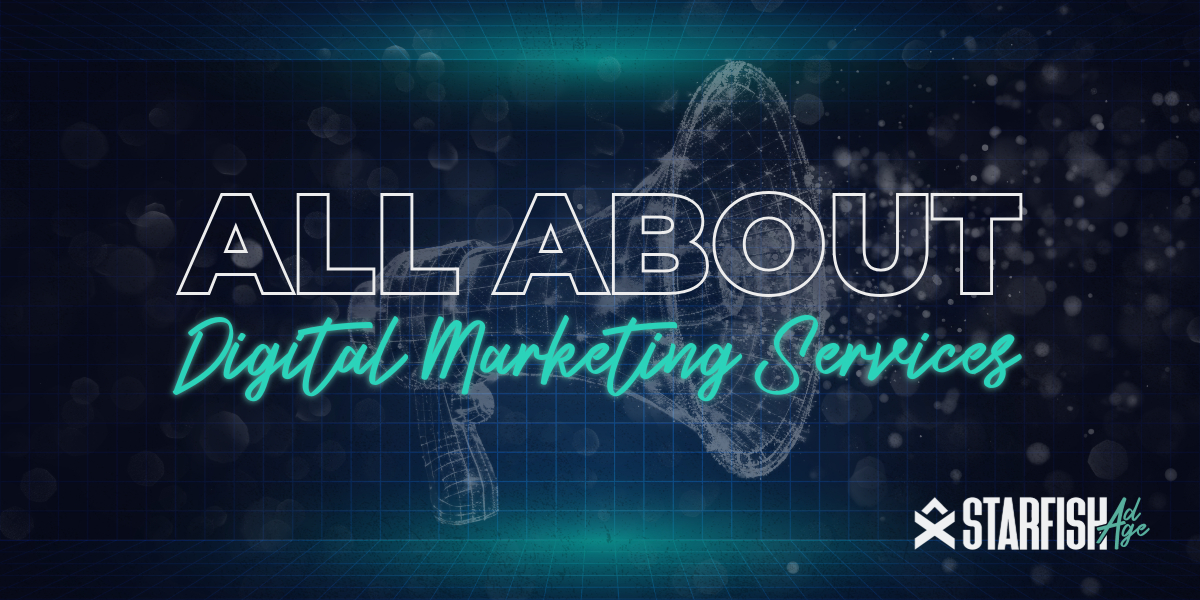
Learn about SEO, PPC, social media marketing, content marketing, and more to drive traffic and conversions. Read now!
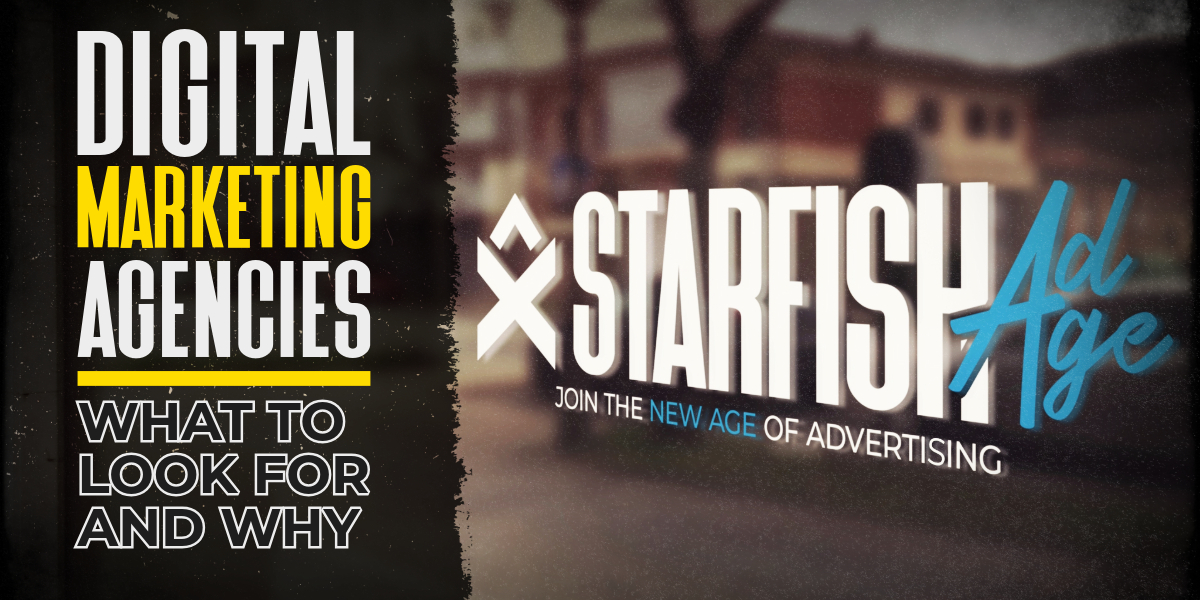
Learn how to select the best digital marketing agency for your small business, the benefits of hiring an agency, and tips for maximizing your online presence.
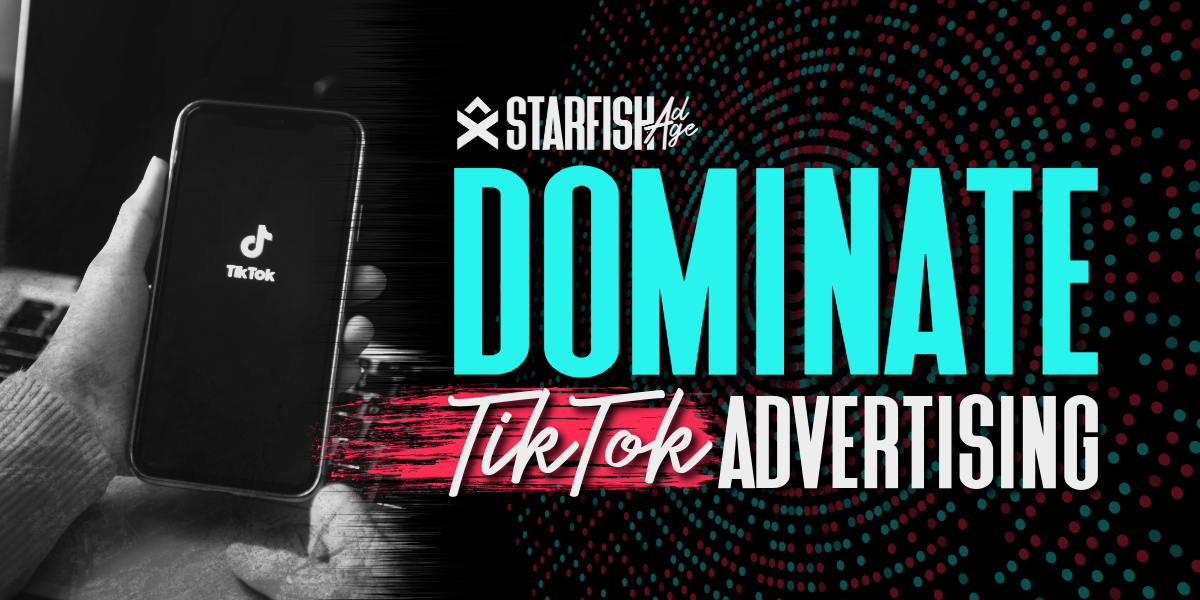
Learn how to leverage TikTok advertising, ad formats, targeting options, and best practices to increase brand awareness, and drive sales.

Learn about Connected TV (CTV) ads, their benefits, and how they work. Understand programmatic CTV advertising for effective digital marketing campaigns.
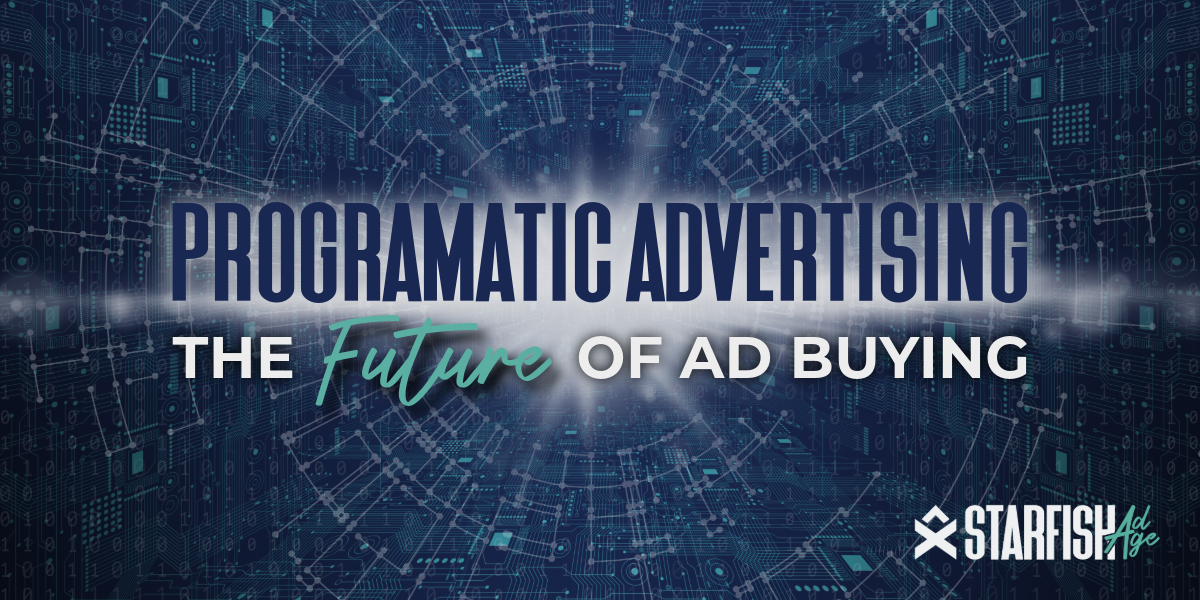
Discover the benefits of programmatic advertising, an automated method of buying digital ad space that enhances targeting, efficiency, and campaign performance.
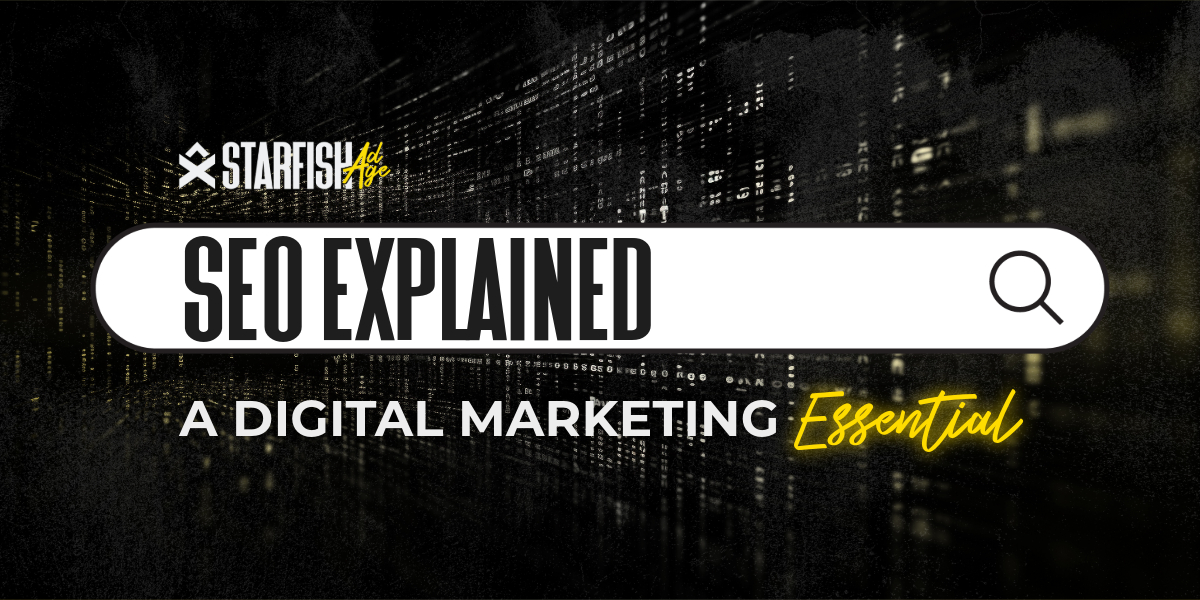
Discover what SEO in digital marketing is and why it matters. Learn how search engine optimization can increase your business’s success.

Learn how to advertise on Google effectively. The basics of Google Ads, from setting up your account to targeting your audience and driving qualified traffic.

Discover how to advertise on Facebook. Learn about Facebook ad campaigns, targeting options, and ad formats to reach your audience effectively.

Discover how to advertise on Facebook. Learn about Facebook ad campaigns, targeting options, and ad formats to reach your audience effectively.

Explore digital marketing essentials for modern businesses. Explore the history, strategies, data-driven targeting, message marketing, and content creation.

Explore digital marketing essentials for modern businesses. Explore the history, strategies, data-driven targeting, message marketing, and content creation.
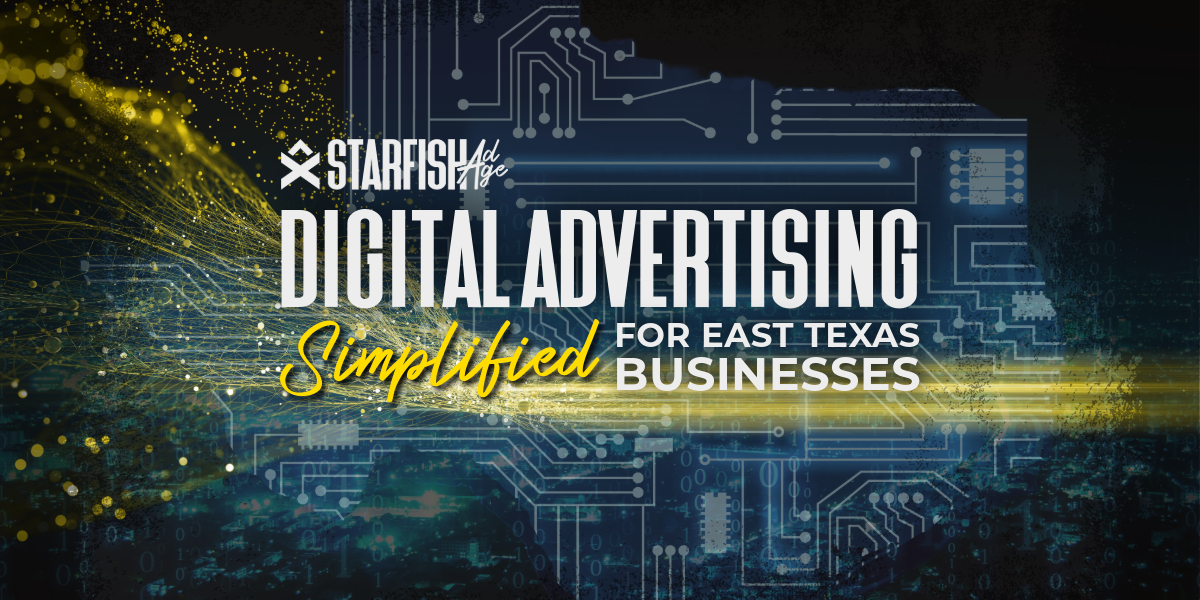
Explore the fundamentals and advanced strategies of how digital advertising works. Learn how to leverage targeted ads, and engage with your audience effectively.

Starfish Ad Age provides tips and strategies for choosing the best advertising platforms to promote your business, ensuring growth and maximizing ROI.

Learn how brand identity, effective logo design, and a cohesive brand strategy can transform your business. Explore essential tips for impactful branding.
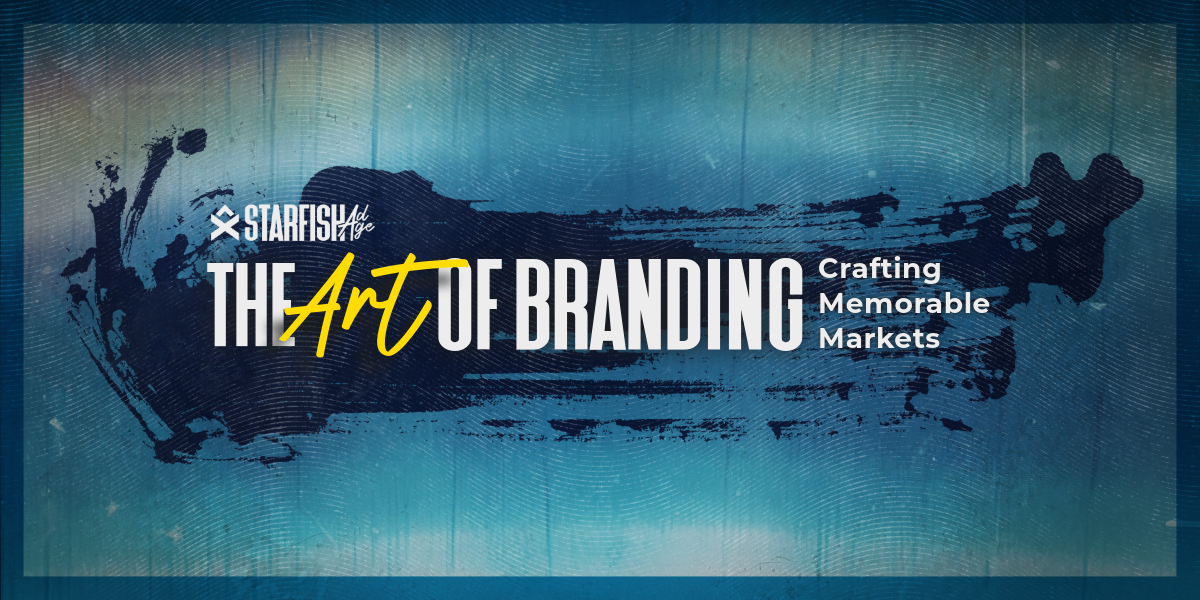
Learn how brand identity, effective logo design, and a cohesive brand strategy can transform your business. Explore essential tips for impactful branding.
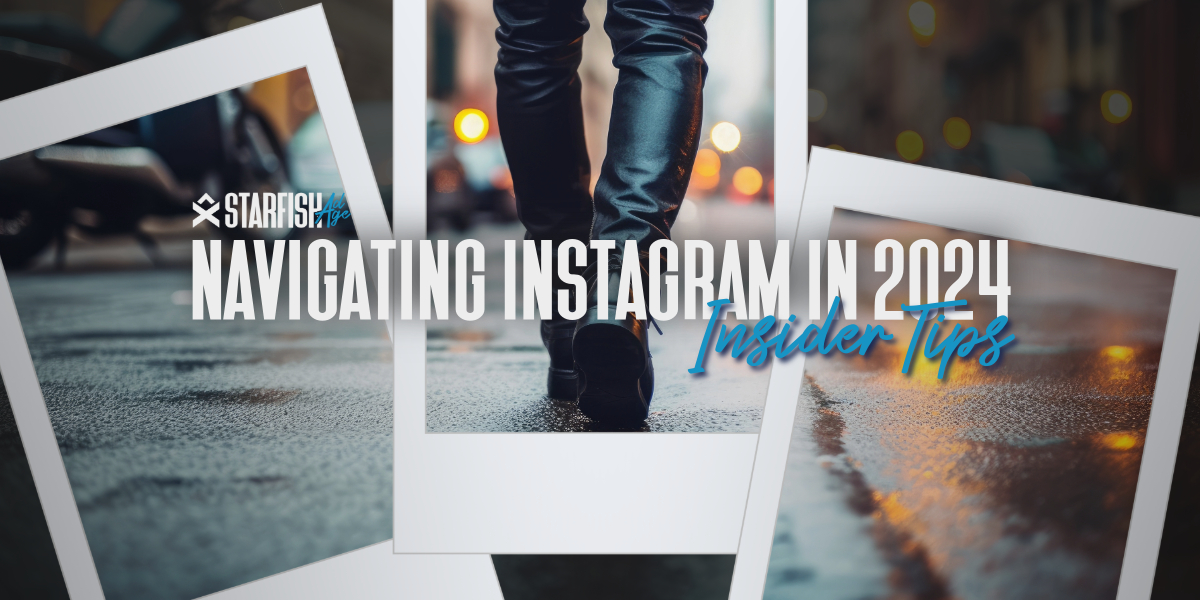
Gain insights from success stories and FAQs to optimize your Instagram strategy and connect with your target audience more effectively than ever before.
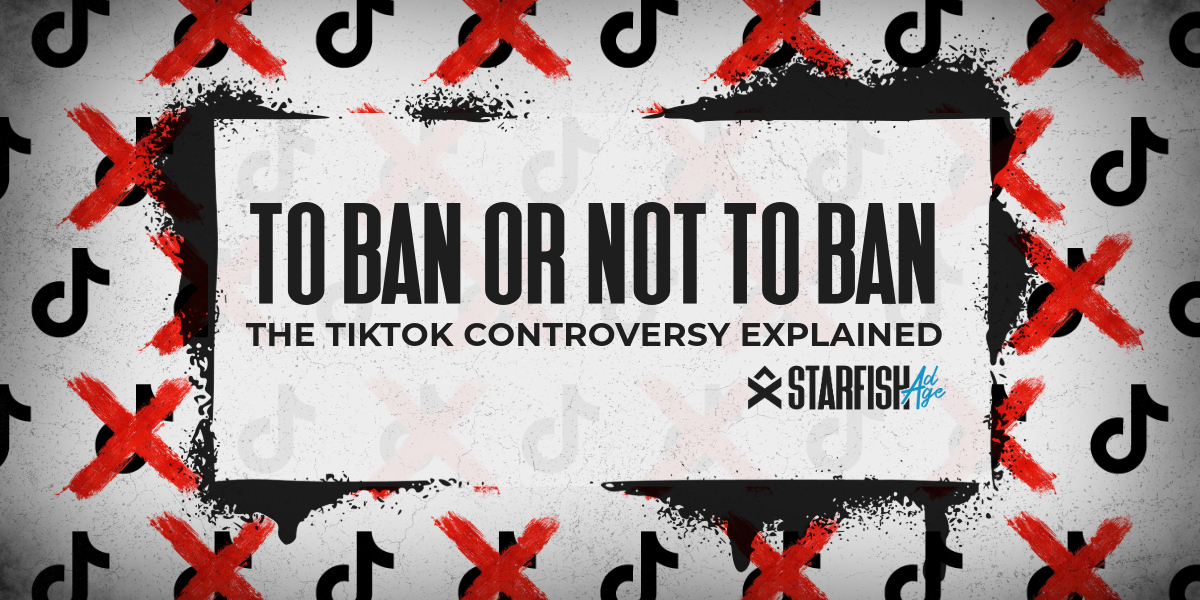
Explore the comprehensive guide to the TikTok ban debate in the U.S., including the rise of TikTok, concerns over privacy and national security, and the implications for users and the broader social media landscape.
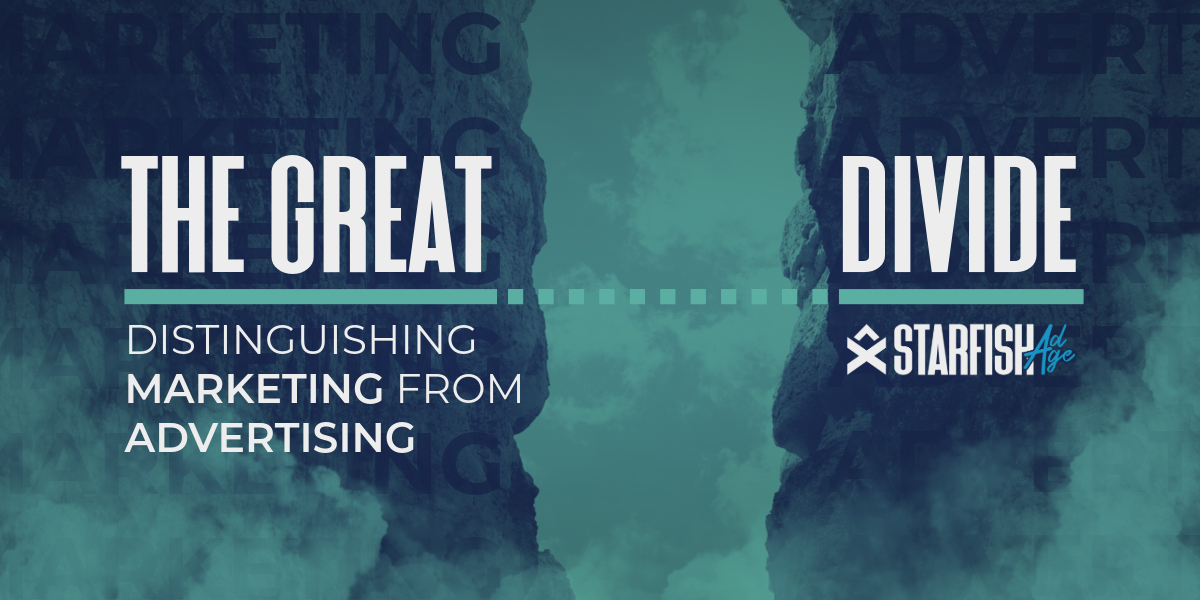
Explore the essential distinctions between marketing and advertising and learn how each plays a unique role in business success.

Discover how social media transforms business promotion, enhancing brand awareness, and driving sales through ads, content, and influencer partnerships.

Discover how AI enhances efficiency while human creativity remains essential. Learn what AI can and can’t do, its benefits, challenges, and the future of AI in digital marketing.

Discover key strategies for East Texas businesses to engage audiences and enhance marketing with short-form videos.

What is inclusive marketing, and how can it transform your brand’s relationship with diverse audiences?

In marketing, the impending demise of third-party cookies is not just a challenge; it’s an opportunity to innovate.
All Rights Reserved | Starfish Ad Age LLC | 2023 | Privacy Policy